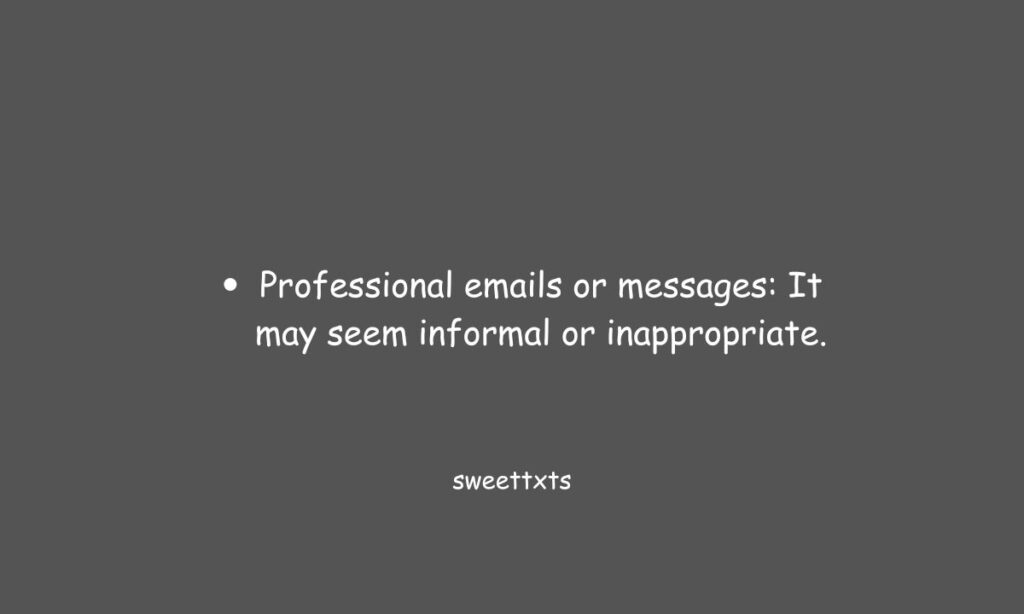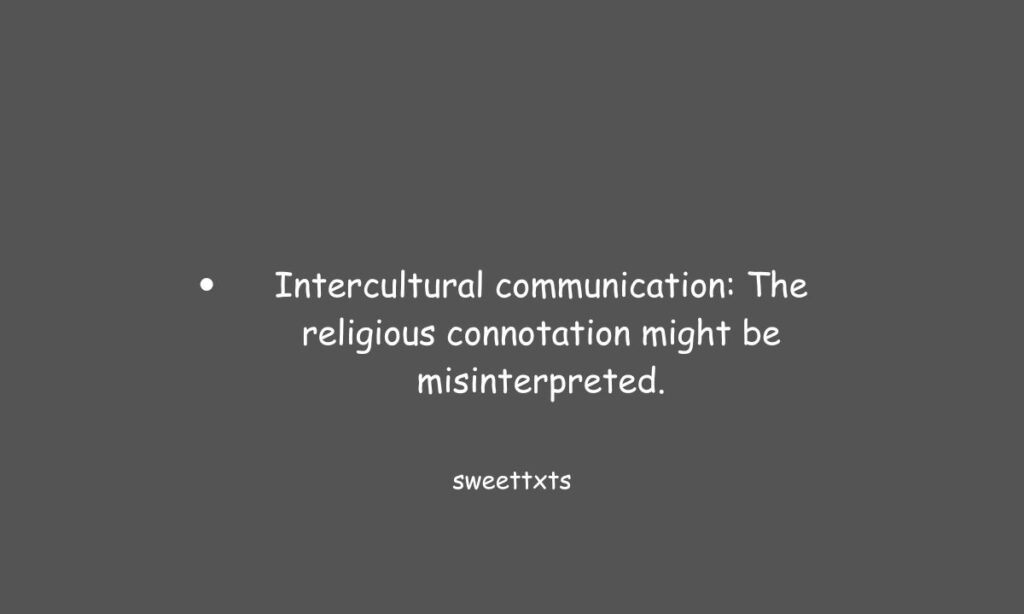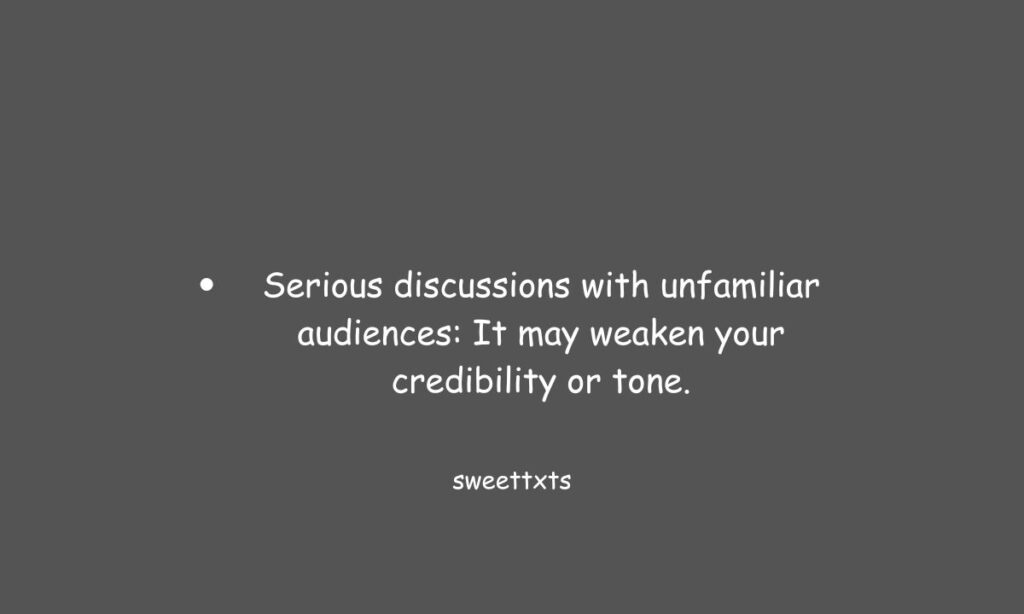In today’s digital age, abbreviations like ISTG frequently appear in online chats, text messages, and social media platforms. These acronyms carry unique meanings depending on tone and context. Understanding them is essential for clear communication.
The phrase “ISTG” can seem confusing at first glance, especially to those unfamiliar with internet slang. However, its meaning is simple and often used to emphasize sincerity or emotion in a casual setting. This article will explain its full meaning, usage, and appropriate alternatives.
Additionally, this article explores the hiatus meaning of “ISTG,” examining how it might shift across different contexts or periods of usage. We will also provide several polite, professional, and casual alternatives to help improve your communication skills online and offline.
What Does ISTG Mean?
ISTG stands for “I Swear to God”. It is a common internet slang expression used to convey emphasis, sincerity, frustration, or urgency. Depending on how and where it’s used, it can either express a strong promise or act as a warning.
People often use ISTG in casual digital conversations when they want to stress the truthfulness or seriousness of what they’re saying. It’s frequently found in texts, tweets, and chats, particularly among younger users. Despite its popularity, the acronym may come off as inappropriate in professional or formal communications due to its religious undertone or intensity.
Here is a simple example:
- “ISTG, I didn’t touch your phone!”
This means the speaker is swearing truthfully they didn’t do it.
ISTG Meaning in Text

In texting culture, “ISTG” is most commonly used to:
- Express frustration: “ISTG, if this happens one more time…”
- Show seriousness: “ISTG I’m not lying.”
- Add emphasis: “ISTG, that was the funniest thing I’ve ever seen.”
It can signal that the speaker is genuinely invested in what they are saying. While it is not profane, it may feel too intense or even disrespectful in formal or sensitive environments. For example, using “ISTG” in a work email would not be recommended.
The tone of this phrase can range from playful exaggeration to heartfelt assertion, depending on context. It’s important to understand how the recipient might interpret it before using it.
Hiatus Meaning of ISTG
Over time, the intensity or frequency of a slang term like ISTG can shift, entering what some call a hiatus phase in language evolution. This refers to a period when the term becomes less trendy or is temporarily abandoned by certain age groups or platforms.
ISTG, for instance, saw a surge in popularity during the mid-2010s among teenagers and young adults. However, as with most slang, its usage can decline when it becomes overused or is adopted by broader demographics.
During such a hiatus, people often look for fresher, less intense alternatives. This change does not mean the term disappears completely, but that it might be used more sparingly or in different contexts.
Why Choose Alternatives to ISTG?
Though ISTG is expressive, there are moments when it may not be appropriate—especially in professional settings or among individuals who may find references to swearing offensive. Using an alternative ensures the tone remains respectful and context-appropriate.
Different alternatives can provide the same sense of sincerity, emotion, or seriousness without sounding too intense or casual. Choosing the right replacement allows your message to resonate better with your audience, avoiding misunderstandings or offense.
In addition, varying your vocabulary helps build a more nuanced and refined communication style—whether you are chatting with a friend or emailing a client.
15 Polite, Professional, and Casual Alternatives to “ISTG”

Here are 15 alternatives to ISTG, each suitable for a different tone and audience:
1. I Promise
- Example: I promise I’m telling the truth.
- Tone: Polite, professional
2. I Assure You
- Example: I assure you, everything is under control.
- Tone: Formal, professional
3. Honestly
- Example: Honestly, I didn’t expect that outcome.
- Tone: Casual, sincere
4. I Mean It
- Example: I mean it, that was unbelievable.
- Tone: Casual, straightforward
5. I’m Serious
- Example: I’m serious, that really happened.
- Tone: Neutral, applicable in most settings
6. Truly
- Example: That was truly amazing.
- Tone: Polite, expressive
7. Genuinely
- Example: I genuinely care about your opinion.
- Tone: Polite, thoughtful
8. No Joke
- Example: No joke, it was a complete disaster.
- Tone: Casual, humorous
9. Believe Me
- Example: Believe me, I’ve seen worse.
- Tone: Friendly, persuasive
10. Without a Doubt
- Example: Without a doubt, it was his best performance.
- Tone: Confident, polite
11. I Swear (without religious context)
- Example: I swear, I didn’t do it.
- Tone: Casual, emotional
12. Mark My Words
- Example: Mark my words, this will end badly.
- Tone: Emphatic, semi-formal
13. You Have My Word
- Example: You have my word that I’ll fix this.
- Tone: Professional, trustworthy
14. I’m Not Kidding
- Example: I’m not kidding, it was chaotic.
- Tone: Friendly, sincere
15. Hand to Heart
- Example: Hand to heart, I didn’t know.
- Tone: Emotional, earnest
Tone and Context: How to Choose the Right Alternative

When selecting a substitute for ISTG, it’s important to evaluate who you’re speaking to and what the message implies. For example:
- Use “I assure you” or “you have my word” in business or formal emails.
- Use “no joke”, “I’m not kidding”, or “honestly” with friends in casual chats.
- Use “genuinely” or “truly” when expressing emotion or appreciation.
Each phrase comes with its own shade of tone—some are playful, others firm, and some are emotionally charged. Consider the relationship you have with your audience and what level of intensity your message requires.
When to Avoid Using ISTG
Avoid using ISTG in:
- Professional emails or messages: It may seem informal or inappropriate.
- Intercultural communication: The religious connotation might be misinterpreted.
- Serious discussions with unfamiliar audiences: It may weaken your credibility or tone.
In these cases, defaulting to clearer, more universally acceptable expressions is wise. Words that maintain clarity and respect tend to enhance your message rather than distract from it.
Conclusion
The acronym ISTG may seem like just another piece of internet slang, but it carries significant weight in tone and meaning. It is primarily used to emphasize seriousness or emotion but is best suited for casual conversations.
As this article explored, language is always evolving, and terms like ISTG may experience a hiatus in use or shift in tone over time. Fortunately, there are numerous alternatives—polite, professional, and casual—that you can use instead, depending on your audience and message intent.

Daily blessings and uplifting messages by Drupmo for every morning, evening, and day of the week—bringing peace, hope, and inspiration to your soul.